National Assembly delegate Pham Van Hoa said a grassroots security team has 3-5 people, and the budget to ensure the operation of this force can be up to 1,000 billion VND per month.
On the morning of June 24, the National Assembly discussed the draft Law on Forces Participating in Protecting Security and Order at the Grassroots Level. According to the Government 's report, there are currently about 300,000 people working in the grassroots security force nationwide, including 66,700 civil defense guards, 70,800 part-time commune police officers and more than 161,000 civil defense team leaders and deputy leaders.
When the bill is passed, the active positions will be kept intact and consolidated into the Security and Order Protection Team. To ensure the operation of this force, each locality needs 2-2.5 billion VND per month, equivalent to 20-30 billion VND per year, without increasing state budget expenditure.
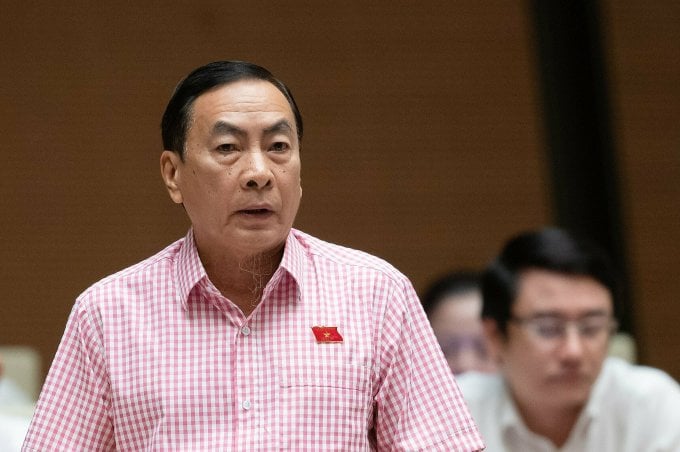
Delegate Pham Van Hoa, Vice President of Dong Thap Provincial Lawyers Association. Photo: National Assembly Media
Expressing disagreement, delegate Pham Van Hoa (Vice President of the Dong Thap Province Lawyers Association) analyzed that the whole country has nearly 103,600 villages, hamlets, quarters, residential groups, corresponding to more than 103,600 grassroots security groups. The draft law does not stipulate how many members each group has and assigns the People's Committee at the commune level to decide, and the People's Council at the provincial level to decide the appropriate spending level according to local conditions. This will make it very difficult to calculate the total payroll and operating costs.
He gave an example of each team having 5 members, the total number would be 518,000 people participating in protecting the security of the base. The compensation for each member is equal to the coefficient of one basic salary, together with other support, each person receives about 2 million VND/month. So the total expenditure for this force nationwide is 1,000 billion VND/month.
In addition, Mr. Hoa also pointed out the inadequacy when only the semi-professional commune police received a coefficient one allowance and other allowances totaling about 3 million VND/month, while the deputy team leader and team members did not receive such an amount, and in some difficult localities, they could only receive a few hundred thousand VND. "The team leader and deputy team leader only receive an allowance when on duty, not a regular allowance, but the allowance level is very low, enough to eat during the day on duty," Mr. Hoa reflected.
He suggested that the National Assembly and the drafting agency carefully study and consider whether to pass this Law or not if it "increases budget expenditures, increases staffing and organizational structure, and is unfair to other subjects participating in protecting national security."
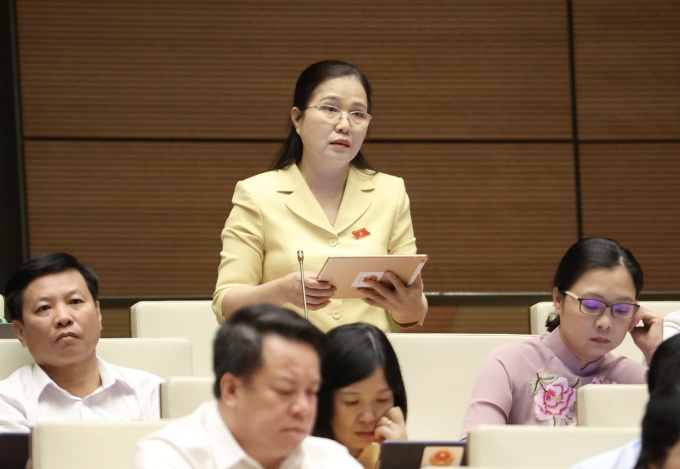
Vice Chairwoman of the Social Committee Do Thi Lan. Photo: National Assembly Media
Vice Chairwoman of the Social Committee Do Thi Lan also wondered whether reorganizing this force would increase the payroll and increase state budget expenditures. Regarding operating conditions, the draft law stipulates many specific policies and regimes. To implement provisions such as the draft, relatively large resources are needed, and a more specific financial mechanism is needed to ensure feasibility, while the assessment of resources is not complete.
"We are comparing with the existing force, but when arranging the new force, there are many policies and regimes that arise," Ms. Tam said and suggested assessing the overall impact on implementation resources, specifying more clearly the budget expenditure level and having a detailed estimate of expenditure levels after restructuring.
Article 16 of the draft states that the funding for ensuring operations and providing facilities for forces participating in protecting security and order at the grassroots level is guaranteed by the local budget according to current budget decentralization and other legally mobilized financial sources.
Delegate Tran Van Tuan (Deputy Head of Bac Giang Delegation) said that this content is not really feasible, especially for localities that have not yet balanced their budgets. He suggested that the drafting agency study the direction that the operating costs and equipment of the force are partly guaranteed by the state budget.
Regarding other legally mobilized financial sources, Mr. Tuan proposed to specify which sources are included, how they are managed and used, and to legalize the fund to support the establishment of security and order teams at the grassroots level, which is mobilized, managed and used by communes themselves.
The allowances for members will be taken from this source, helping to promote socialization in mobilizing resources to ensure security and order at the grassroots level. "This regulation will help members of the security and order team to raise their sense of responsibility when they know that the policies and regimes they enjoy are contributed by organizations and individuals in the community," he said.
It is expected that the draft Law on Forces Participating in Protecting Security and Order at the Grassroots Level will be considered and approved by the National Assembly at the 6th session, at the end of 2023.
Source link










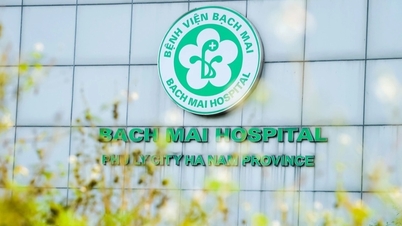

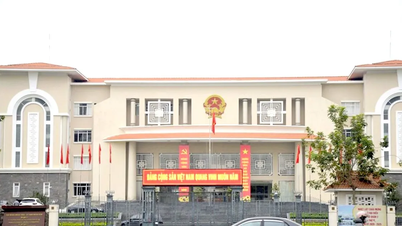

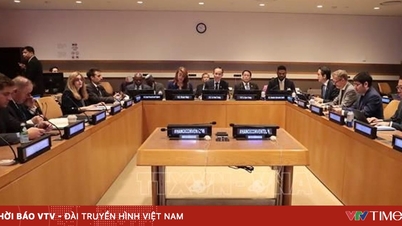


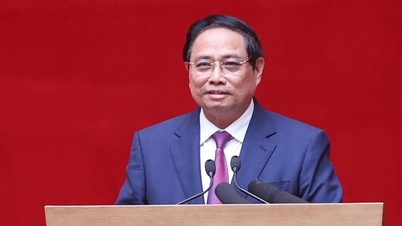















































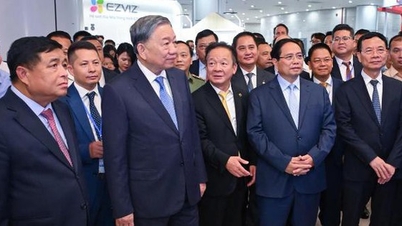







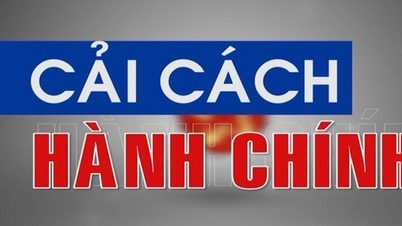





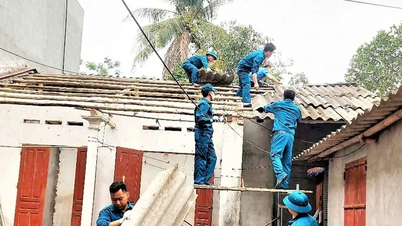























Comment (0)